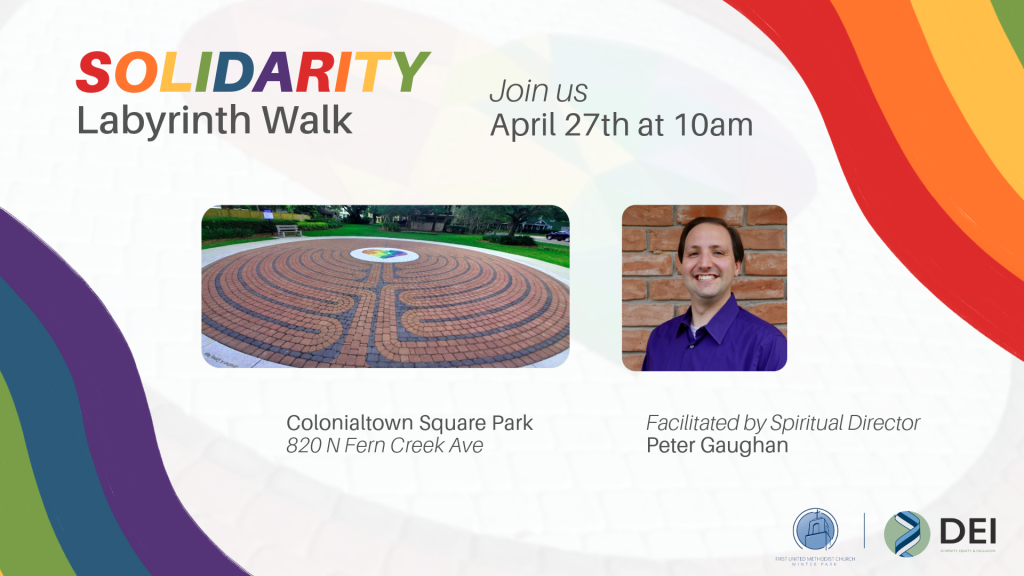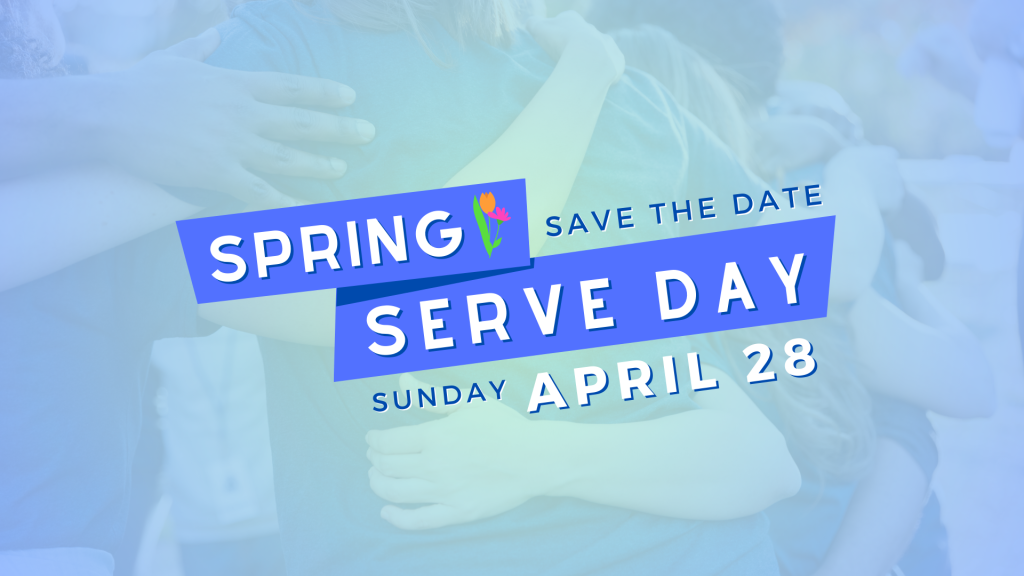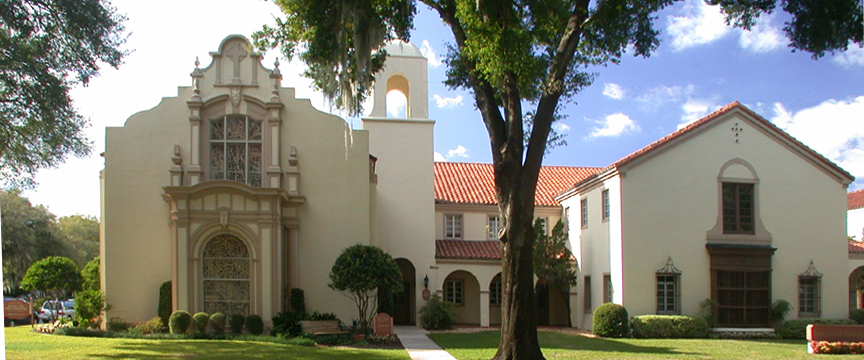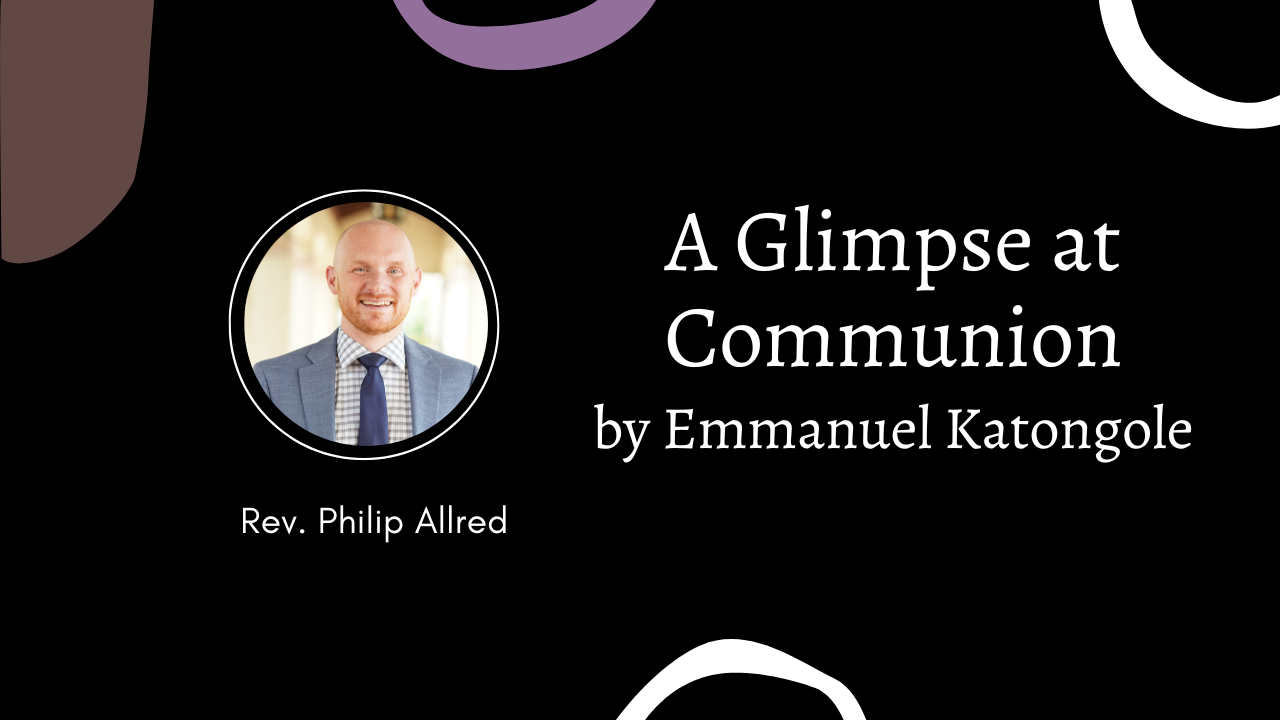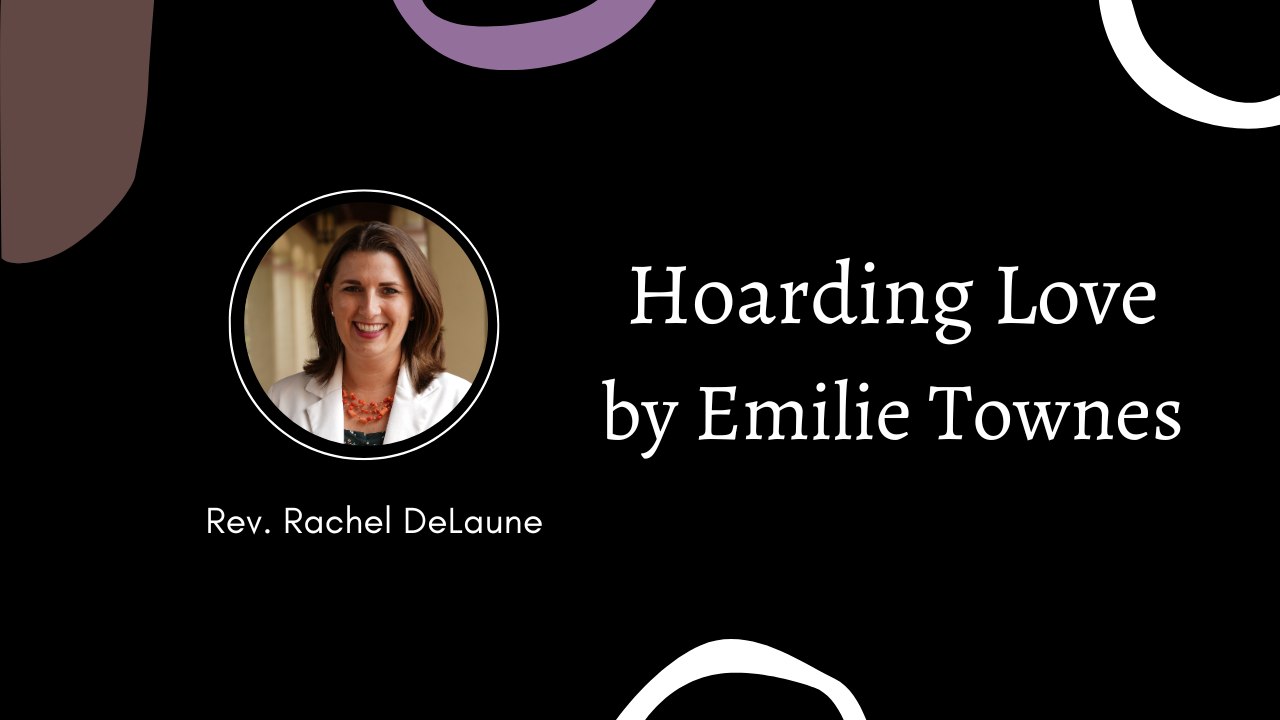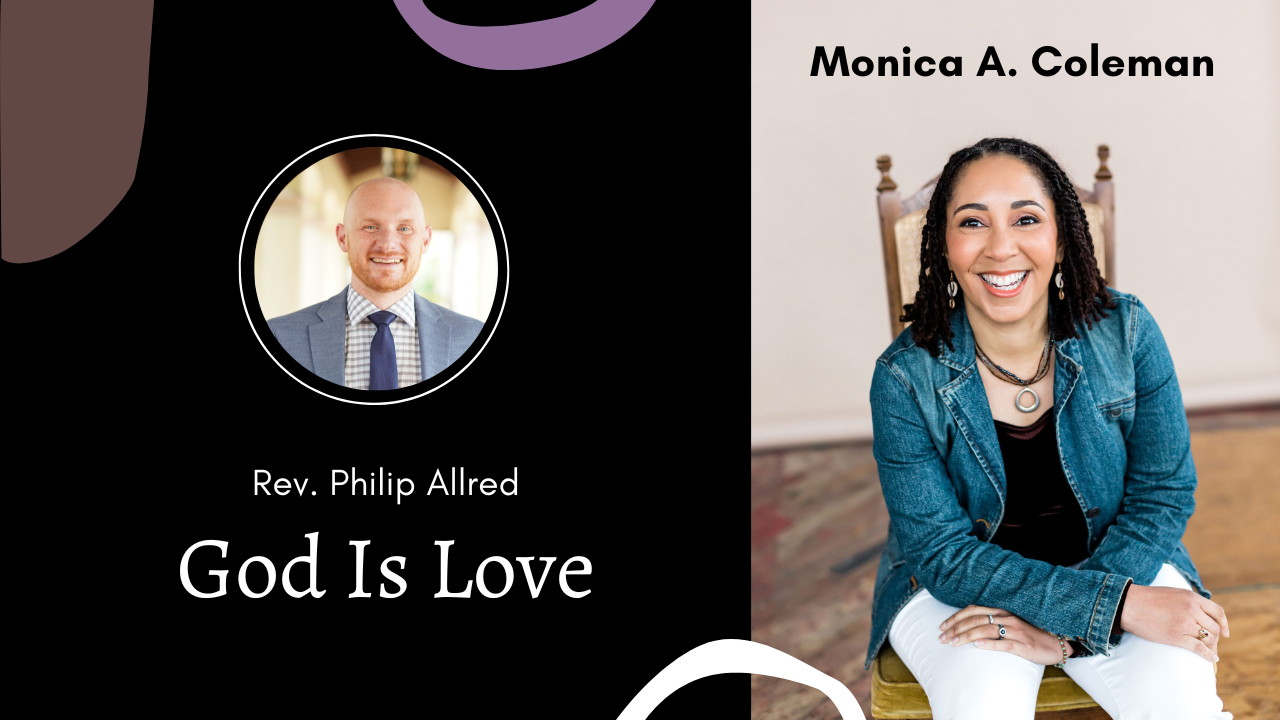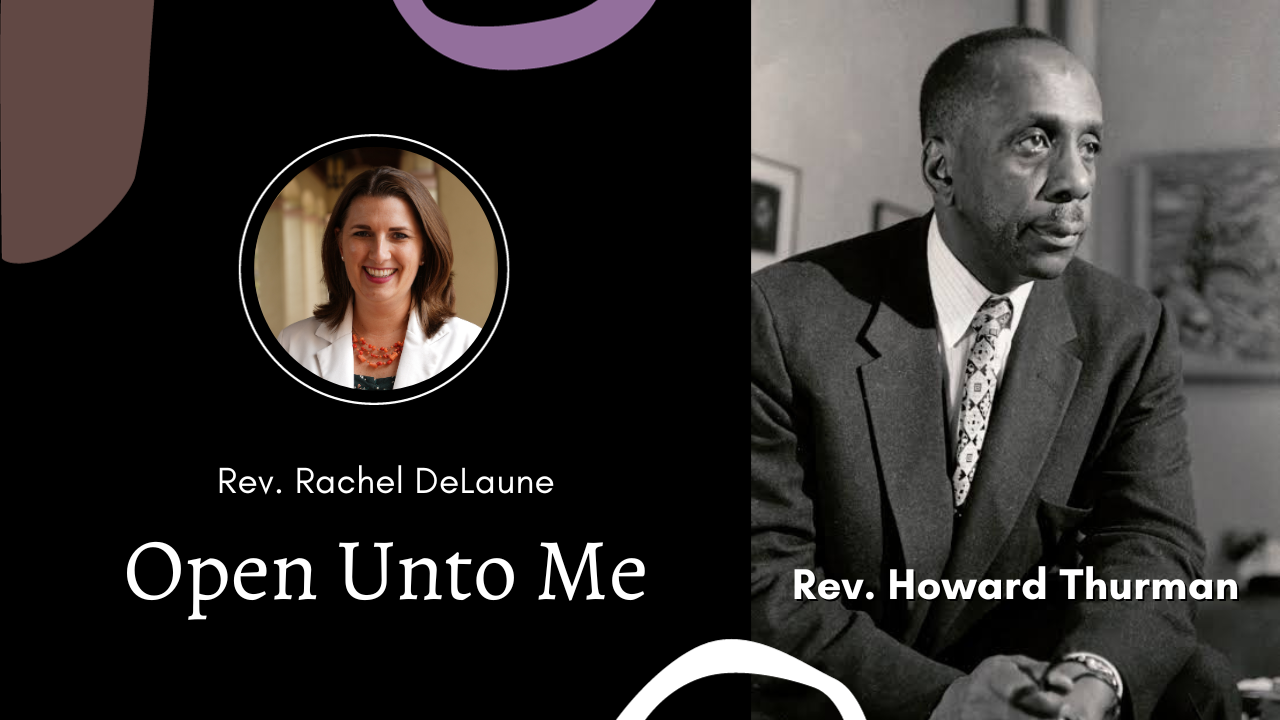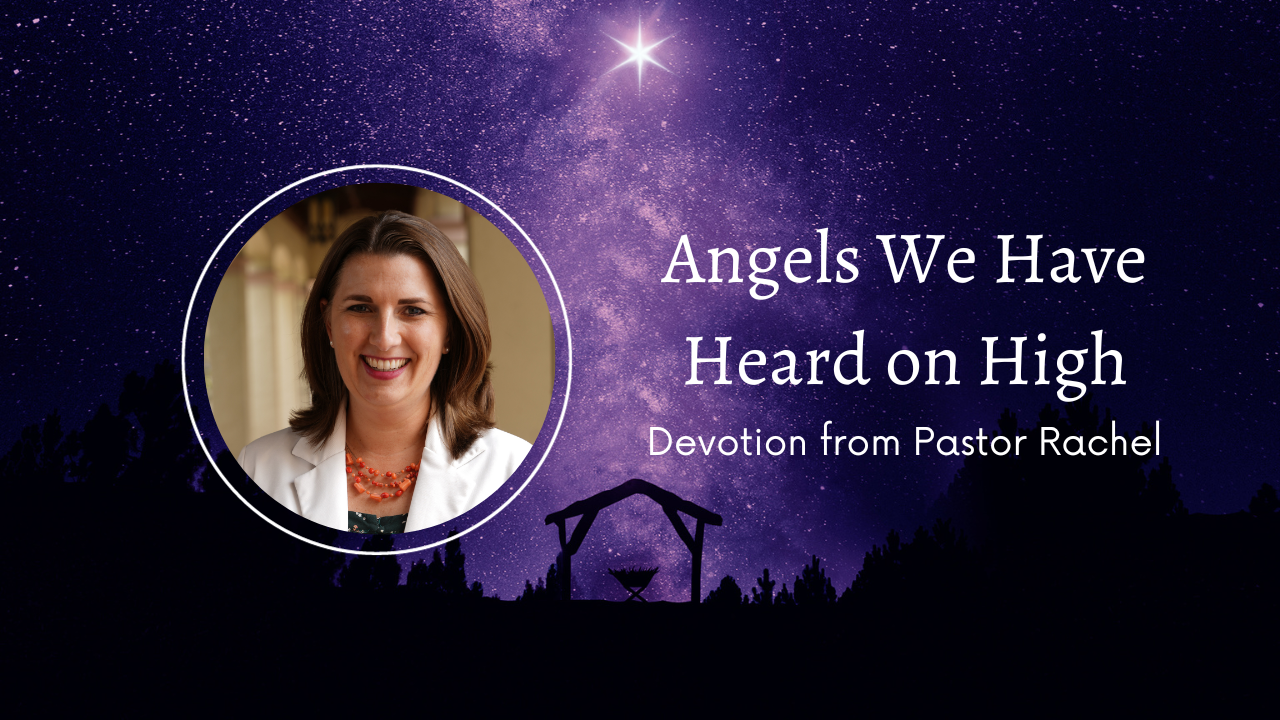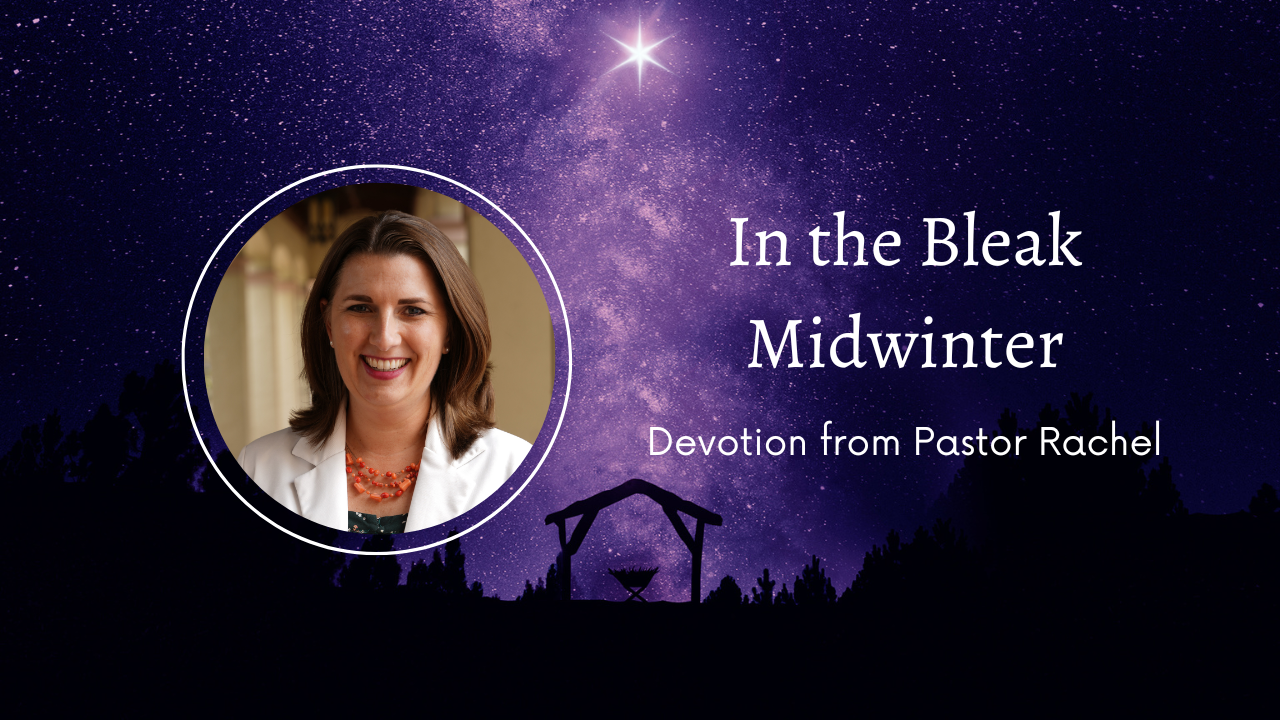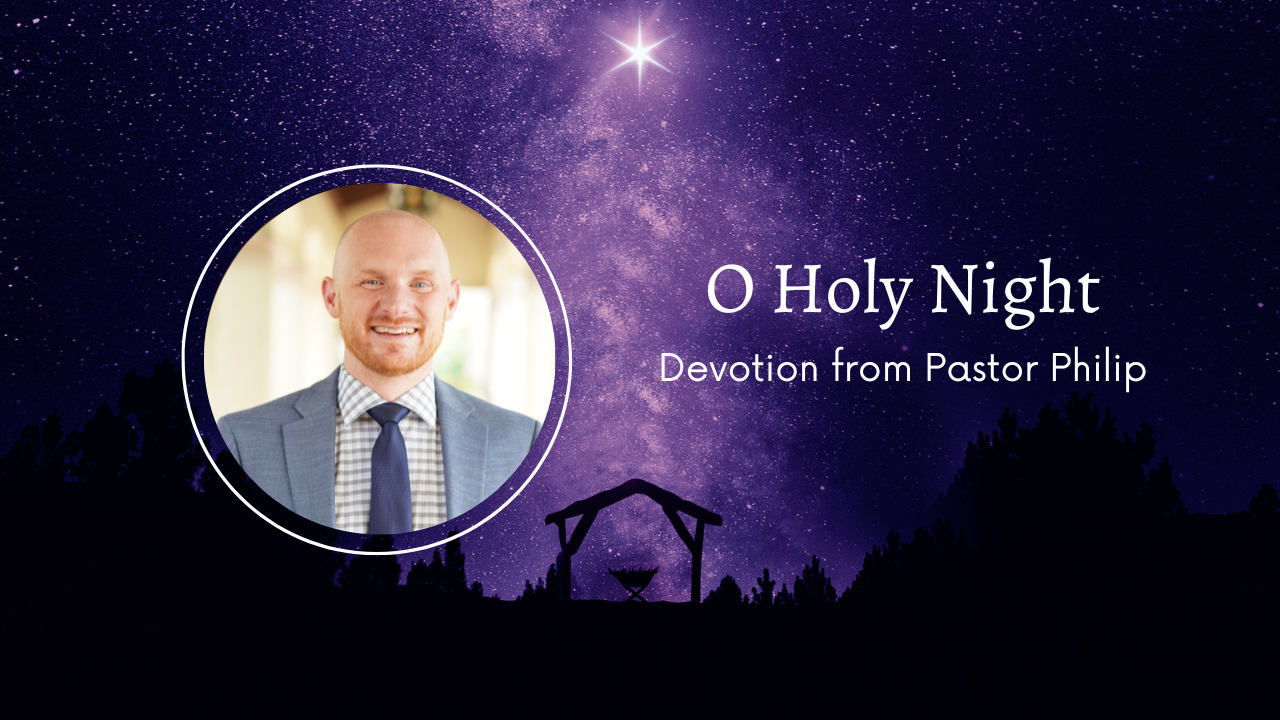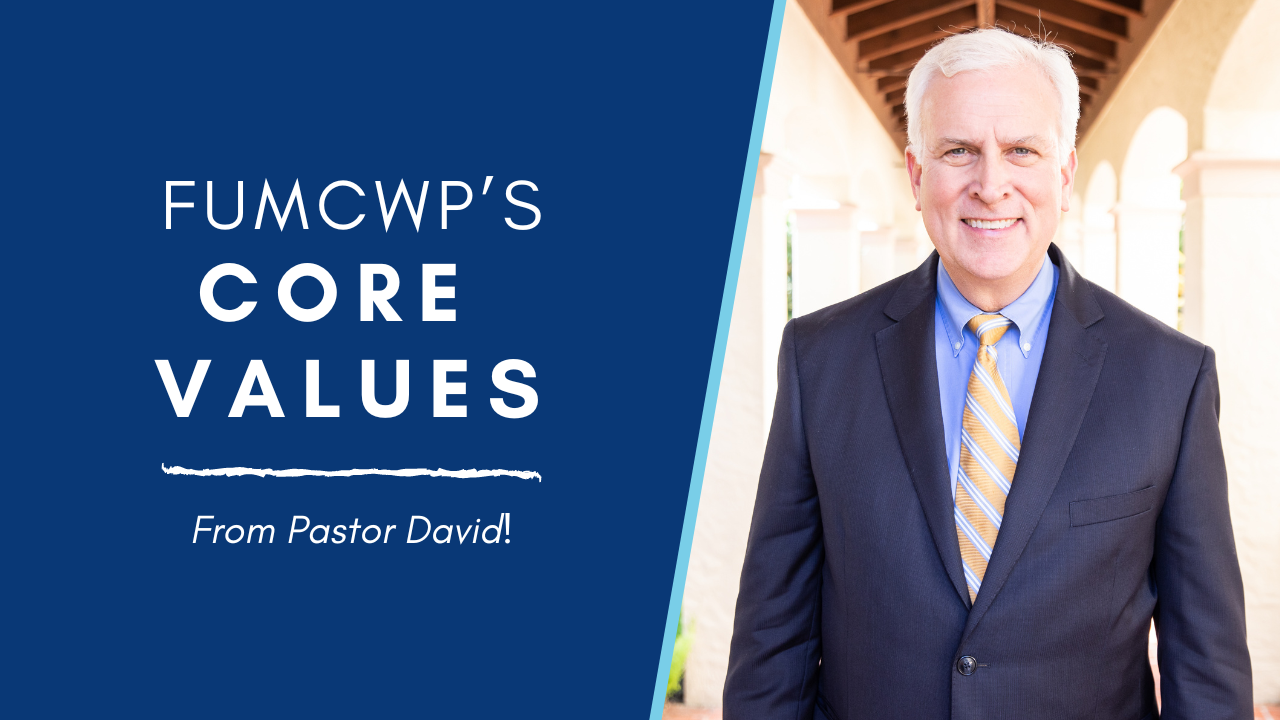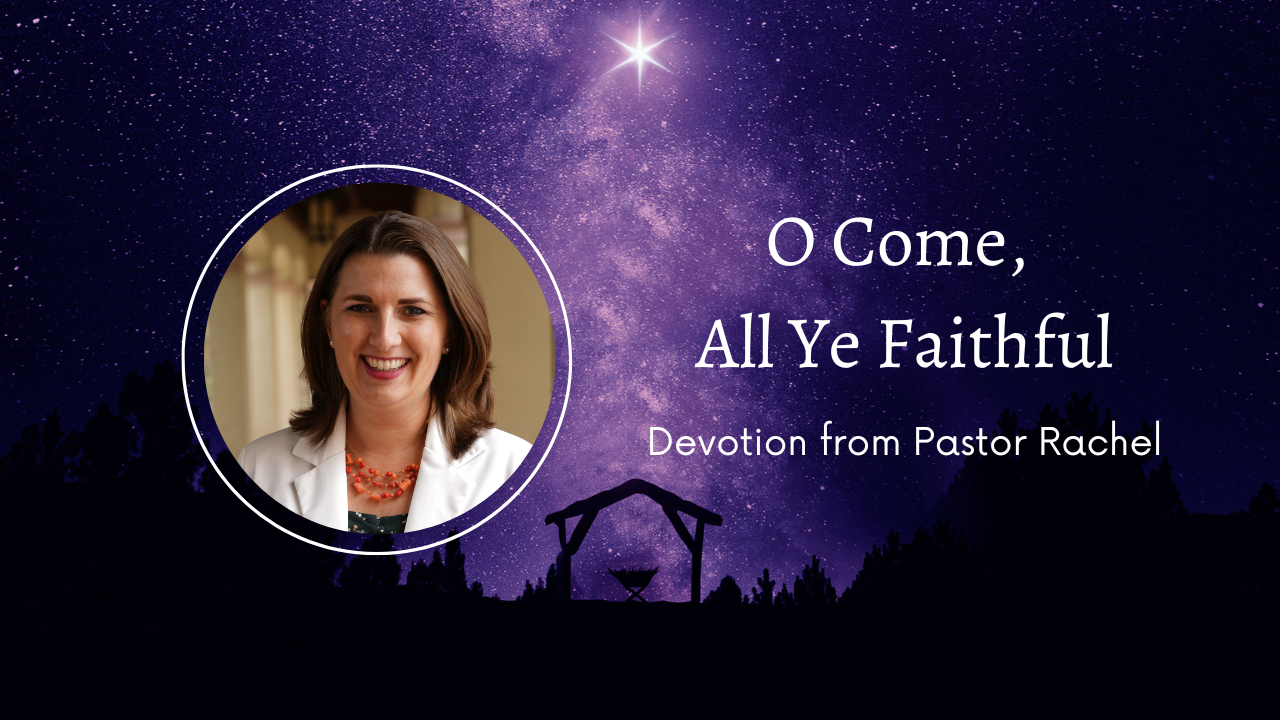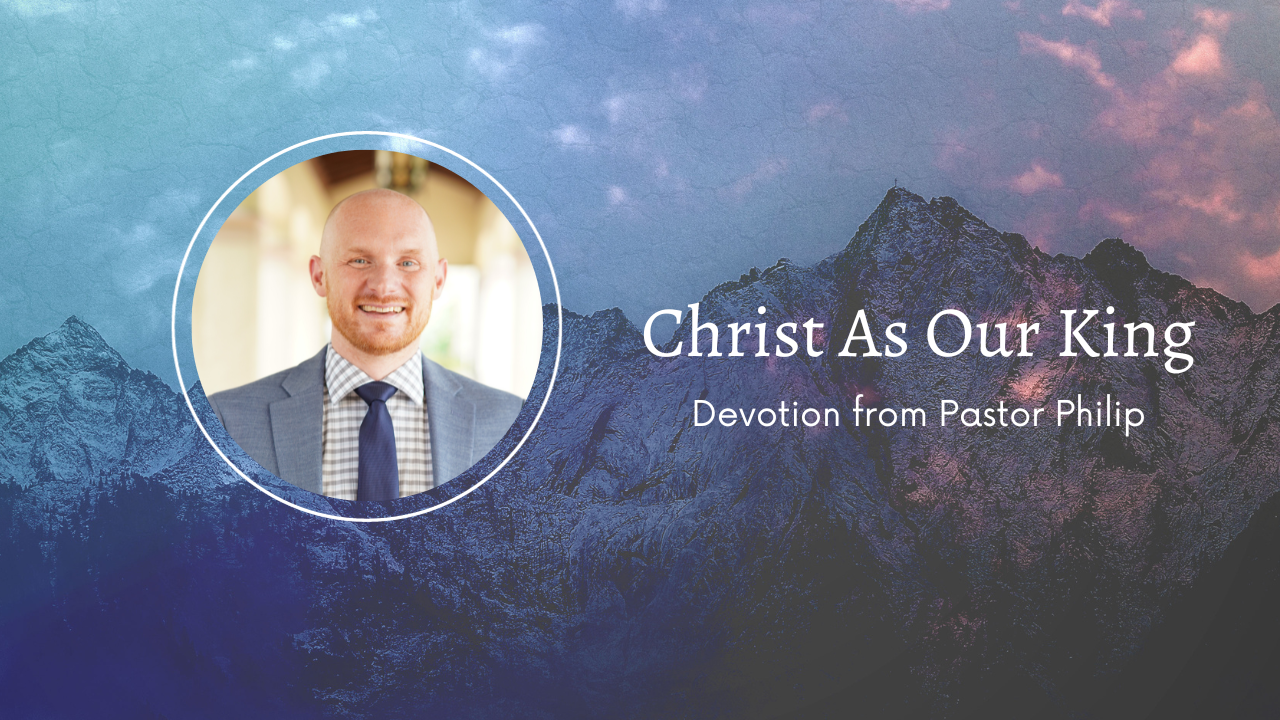A Moment with Emmanuel Katongole: Delving Deeper into “A Glimpse at Communion”
As we continue our series on Black voices in theology, let us immerse ourselves in the teachings of Emmanuel Katongole, a beacon of theological insight and peacemaking. As an Associate Professor of Theology and Peace Studies at the University of Notre Dame, Katongole’s life work intricately weaves the threads of his African heritage with his profound academic pursuits.
Katongole, a Catholic priest ordained by the Archdiocese of Kampala, has served as associate professor of theology and world Christianity at Duke University, where he was the founding co-director of the Duke Divinity School’s Center for Reconciliation.
He is the author of books on the Christian social imagination, the crisis of faith following the genocide in Rwanda, and Christian approaches to justice, peace, and reconciliation. His most recent book is The Sacrifice of Africa: A Political Theology for Africa (Eerdmans, 2010).
In this video, Katongole extends an invitation to transcend the divisions that fragment our world. He challenges the notion that God’s love is confined by human constructs such as political affiliations, asserting that “God is neither Republican nor Democrat.” This profound assertion calls us to expand our vision and embrace a divine perspective transcending our earthly loyalties.
Katongole’s reflection on the fragmented nature of humanity is not one of despair but an acknowledgment of our shared condition. He sees in our brokenness an opportunity for God’s grace to weave us into a more cohesive whole. His poignant critique of our propensity to “throw rocks at one another” serves as a sobering reminder of the pettiness that often pervades human interactions.
Yet, it is in his meditation on love that Katongole’s message truly shines. “Love goes as far as God’s heart goes,” he reminds us, inviting us to partake in the boundless expanse of divine love. This vision of an all-encompassing love that makes room at the table for everyone, regardless of our differences, offers a glimpse of the kingdom of God in our midst.
As we reflect on Emmanuel Katongole’s life and teachings, let us be inspired to embody the principles of “A Glimpse at Communion” in our own lives. May his journey help us to bridge divides, heal wounds, and inspire a more inclusive and loving world.
In the spirit of Katongole’s expansive vision, may we, too, strive to create spaces in our lives where love knows no bounds, and where every soul finds a place at the table of communion.
Today’s Video: A Glimpse at Communion
By Emmanuel Katongol
In order to view this video, you will need to enter your email address. This will not add you to any mailing list. This organization does not send you spam or sell your email.

